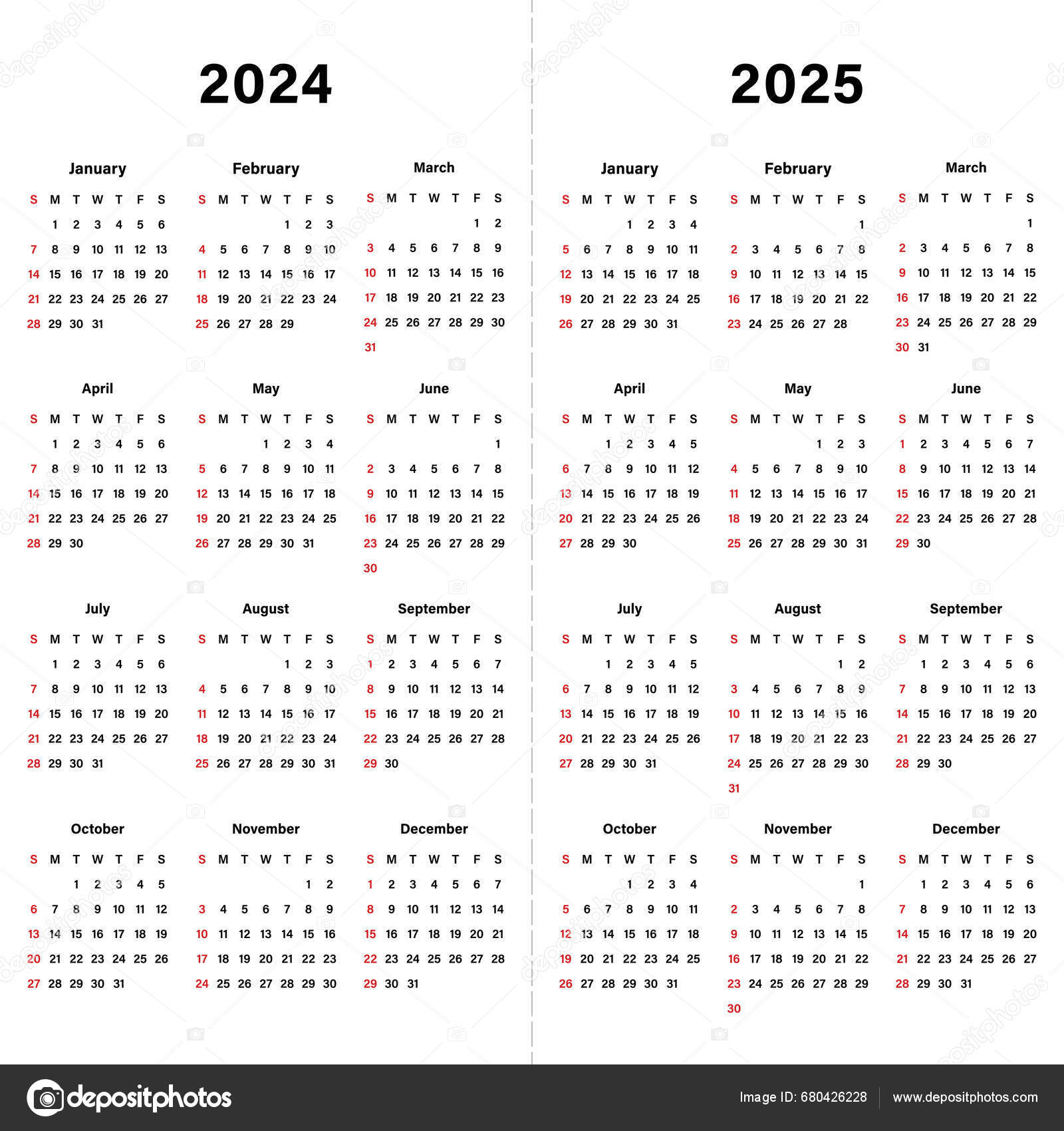Movie Rules 2025: The Ultimate Guide To The Future Of Cinema
Hey there, movie lovers! If you're diving into the world of cinema in 2025, you're about to discover a game-changer. The rules of the movie industry are evolving faster than ever, and understanding them is crucial if you want to stay ahead of the game. Whether you're a filmmaker, a critic, or just someone who loves a good flick, this guide is for you. So buckle up, because we’re about to take a deep dive into the "movie rules 2025" that will shape the future of movies as we know it.
Let’s face it, the film industry has always been a rollercoaster of innovation and tradition. From the silent films of the early 1900s to the CGI-heavy blockbusters we see today, movies have constantly pushed boundaries. But 2025 is a whole new ball game. The rules are changing, and they’re changing fast. This isn’t just about new technology; it’s about how we experience storytelling itself.
So why should you care? Well, understanding the "movie rules 2025" isn’t just for industry insiders anymore. As audiences become more tech-savvy and demanding, knowing what’s coming next can help you appreciate films on a whole new level. Plus, it’s always fun to be the one at the water cooler who knows what’s really going on behind the scenes. Ready to find out more? Let’s go!
- Blake Lively Height Weight More Facts You Need To Know
- Unlocking The Power Of My Desinetcom Your Ultimate Guide To Digital Connectivity
Before we dive deep, let’s check out the roadmap for this article. Here’s a quick table of contents to help you navigate:
- Overview of Movie Rules 2025
- Impact of Technology on Movies
- Understanding Audience Trends
- Changes in Movie Production
- Revolution in Distribution
- Marketing Strategies for 2025
- Regulations and Compliance
- Budgeting in the Modern Era
- Predictions for the Future
- Wrapping It All Up
Overview of Movie Rules 2025
Alright, let’s start with the basics. What exactly are these "movie rules 2025"? Think of them as the guidelines that filmmakers, producers, and distributors are following to keep up with the times. It’s not just about making movies anymore; it’s about creating experiences that resonate with audiences in a digital age.
In 2025, the movie industry is all about blending tradition with innovation. We’re seeing a shift from traditional theater releases to hybrid models that combine streaming and cinema. This means more flexibility for both filmmakers and viewers, but it also means new rules to navigate. For instance, how do you balance the theatrical experience with the convenience of streaming? It’s a question that’s keeping a lot of industry pros up at night.
- Savaschultz Nude Unveiling The Truth Behind The Controversy
- Hollywood Movies Download Your Ultimate Guide To Streaming And Downloading Legally
Why Are These Rules Important?
Here’s the deal: these rules aren’t just suggestions. They’re shaping the future of how movies are made, distributed, and consumed. For filmmakers, understanding these rules can mean the difference between a box office hit and a dud. For audiences, it means more choices, better quality, and even more immersive experiences. So yeah, these rules matter.
Impact of Technology on Movies
Tech is at the heart of the "movie rules 2025". From AI-driven special effects to virtual reality experiences, technology is transforming every aspect of filmmaking. But it’s not just about flashy visuals; it’s about enhancing storytelling in ways that were once impossible.
Key Technologies Shaping the Future
- AI and Machine Learning: Used to create realistic special effects and even write scripts.
- Virtual Reality (VR): Offering immersive experiences that make viewers feel like they’re part of the story.
- Augmented Reality (AR): Enhancing the movie-watching experience with interactive elements.
- Cloud Computing: Making it easier for filmmakers to collaborate and store data securely.
These technologies are changing the game, and they’re here to stay. Filmmakers who embrace them are likely to thrive, while those who resist may find themselves left behind.
Understanding Audience Trends
Audiences in 2025 are a whole new breed. They’re more informed, more diverse, and more demanding than ever before. Understanding these trends is key to making movies that resonate with them.
Key Audience Trends
- Diversity: Audiences want to see themselves represented on screen, and they’re voting with their wallets.
- Streaming Preference: More people are opting for the convenience of streaming over traditional theater releases.
- Social Media Influence: Platforms like TikTok and Instagram are shaping how audiences discover and discuss movies.
By tapping into these trends, filmmakers can create movies that not only entertain but also connect with audiences on a deeper level.
Changes in Movie Production
Production is where the magic happens, and in 2025, it’s getting a major makeover. From pre-production to post-production, every stage is being influenced by new technologies and changing audience expectations.
Key Changes in Production
- Remote Collaboration: Thanks to cloud computing, teams can work together from anywhere in the world.
- Sustainability: Filmmakers are increasingly focusing on eco-friendly practices to reduce their carbon footprint.
- DIY Filmmaking: Affordable tech is making it easier for indie filmmakers to produce high-quality content.
These changes are democratizing the filmmaking process, giving more voices a chance to be heard.
Revolution in Distribution
Distribution is another area where the "movie rules 2025" are having a big impact. With the rise of streaming platforms, the way movies are distributed is changing rapidly.
Key Distribution Trends
- Hybrid Releases: Movies are being released simultaneously in theaters and on streaming platforms.
- Global Reach: Streaming makes it easier for films to reach international audiences.
- On-Demand Content: Viewers have more control over when and where they watch movies.
These trends are reshaping how movies are consumed, making it easier for audiences to access content on their terms.
Marketing Strategies for 2025
Marketing is no longer just about trailers and posters. In 2025, it’s about creating buzz through social media, influencers, and interactive campaigns.
Effective Marketing Strategies
- Social Media Campaigns: Platforms like TikTok and Instagram are perfect for engaging younger audiences.
- Influencer Collaborations: Partnering with influencers can help movies reach wider audiences.
- Interactive Experiences: Offering behind-the-scenes content or AR experiences can keep viewers engaged.
By leveraging these strategies, filmmakers can create marketing campaigns that not only promote their movies but also build lasting relationships with audiences.
Regulations and Compliance
With great power comes great responsibility, and in the world of movies, that means complying with regulations. From data privacy to copyright laws, filmmakers need to be aware of the legal landscape they’re operating in.
Key Regulations to Watch
- Data Privacy: Protecting viewer data is more important than ever.
- Copyright Laws: Ensuring that all content is properly licensed and credited.
- Content Moderation: Balancing creative freedom with responsible content creation.
Staying on top of these regulations is crucial for filmmakers who want to avoid legal trouble and maintain their credibility.
Budgeting in the Modern Era
Budgeting has always been a challenge in the movie industry, but in 2025, it’s getting even more complex. With new technologies and changing distribution models, filmmakers need to be savvy about how they allocate their resources.
Key Budgeting Tips
- Cost Efficiency: Using tech to reduce production costs without sacrificing quality.
- Revenue Sharing: Exploring new models for distributing profits among stakeholders.
- Investment Opportunities: Attracting investors who are interested in the future of film.
By focusing on these areas, filmmakers can create movies that are both financially viable and creatively rewarding.
Predictions for the Future
So where is the movie industry headed? Based on the "movie rules 2025", here are a few predictions:
What to Expect in the Future
- More Interactive Experiences: Movies will become more immersive, blurring the line between viewer and participant.
- Increased Diversity: We’ll see more representation across all aspects of filmmaking.
- Technological Advancements: AI and VR will continue to push the boundaries of what’s possible in movies.
These trends point to a future where movies are not just entertainment but also a powerful medium for storytelling and social change.
Wrapping It All Up
Well, there you have it, folks. The "movie rules 2025" are here, and they’re shaping the future of cinema in ways we could never have imagined. Whether you’re a filmmaker, a critic, or just a movie lover, understanding these rules is essential for staying ahead of the curve.
So what can you do next? Start by exploring the technologies and trends we’ve discussed. Dive deeper into the world of AI, VR, and AR to see how they’re transforming the industry. And most importantly, keep watching movies. After all, the more you watch, the more you’ll appreciate the art and science behind them.
And hey, don’t forget to share this article with your friends and leave a comment below. Let’s keep the conversation going and see where the future of movies takes us. Who knows? Maybe one day you’ll be part of the next wave of filmmakers shaping the rules of the industry!
Article Recommendations
- Hdmovies2in Your Ultimate Destination For Highquality Movies Online
- Dustin Hurt Heart Attack A Deep Dive Into The Incident And Its Impact



Detail Author:
- Name : Cheyenne Bode
- Username : jolie99
- Email : hleannon@runolfsson.org
- Birthdate : 1975-06-14
- Address : 7013 Stephanie Fords Bradleymouth, IA 45269-1431
- Phone : +14799745247
- Company : Lockman Ltd
- Job : Material Moving Worker
- Bio : Unde veniam alias rerum voluptate ut. Voluptas corrupti dignissimos eveniet beatae beatae quod. Nemo quo laborum eligendi et et. Error ipsum voluptas recusandae dolorem deleniti sed.
Socials
linkedin:
- url : https://linkedin.com/in/lehnerm
- username : lehnerm
- bio : Non optio eum et blanditiis labore.
- followers : 1453
- following : 787
twitter:
- url : https://twitter.com/mabellelehner
- username : mabellelehner
- bio : Porro expedita eum illo perspiciatis odio nostrum non. Voluptate asperiores libero enim quidem. Aliquid pariatur ex a expedita reiciendis magni praesentium.
- followers : 2259
- following : 2219
facebook:
- url : https://facebook.com/lehnerm
- username : lehnerm
- bio : Aut corporis consequatur et est.
- followers : 3899
- following : 404